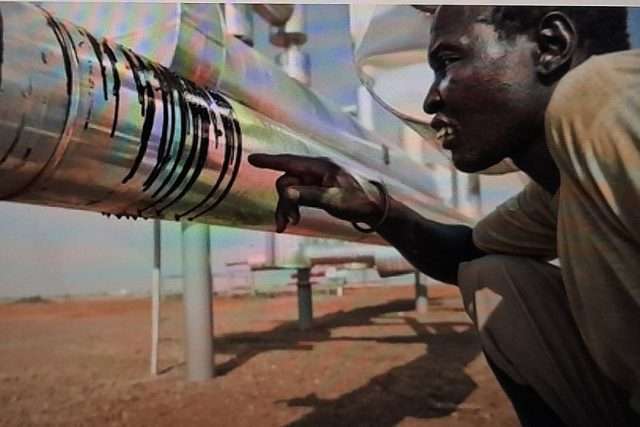South Sudan has gone back to the drawing board to work on their strategic plans for transporting her crude oil to the international markets through Port Sudan.
“Recent developments in Sudan have interrupted the flow of our oil and the leadership has advised that we resume talks with companies which carried out feasibility studies to explore ways we can avoid such incidents in future”, a source at South Sudan’s Ministry of Petroleum media on Monday.
The source who preferred anonymity because of sensitivity of the issue stated that a Japanese company which completed feasibility studies on the Lamu route in 2013 has expressed interest in resuming the talks with the government.
“We have three companies which have already indicated their readiness. There are Japanese and American companies which have expressed interest to jointly fund the project on a build, own, operate and transfer (BOOT) basis. They need approval of the president.
In 2012, South Sudan was forced to shutdown their oil production following a dispute on tariffs and transit fees with Sudan. The South Sudan government is looking for alternative route to export their crude oil to the international markets.
The Beja community, through whose land the pipeline carrying crude oil passes, held demonstrations demanding that their grievances to be addressed before oil transportation is resumed.
The community was angry for being left out of the peace deal between government and numerous rebel groups as part of the transition from military to civilian government. The transitional government sent a delegation to hold negotiations with the protesters.
The talks were held with the elders of the Beja Community to allow passage for oil through Bashayer port. This is the main terminal which is located closer to Port Sudan.
South Sudanese authorities told media houses on Monday that Sudan government has assured them of safety for their oil and that a delegation was sent to eastern Sudan to discuss the issues raised.
“We are in constant talk the Sudanese authorities through the office of the president and other relevant institutions in Sudan. We are being constantly updated. We are hearing that a delegation from the Sudanese transitional government is in eastern Sudan to talk with elders there. They have held talks with the Beja community elders and are still there as I am speaking to you. They have told us that they will not leave until they have seen the oil is lifted on ships and take off”, he said.
As a landlocked country, South Sudan relies on Sudan for export of her crude oil. Further, 98 percent of South Sudan’s public budget revenues comes from export of crude oil. That is a large over-dependence on oil. This is why an interruption in delivery of crude oil to the international markets can have a big impact on the entire government operations in South Sudan.
GOT a story? Contact Kerosi Dotcom on EMAIL info@kerosi.com


